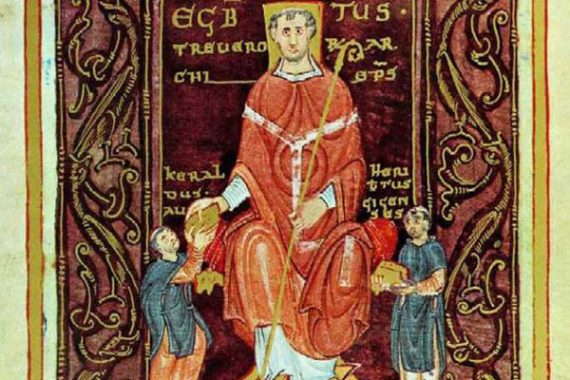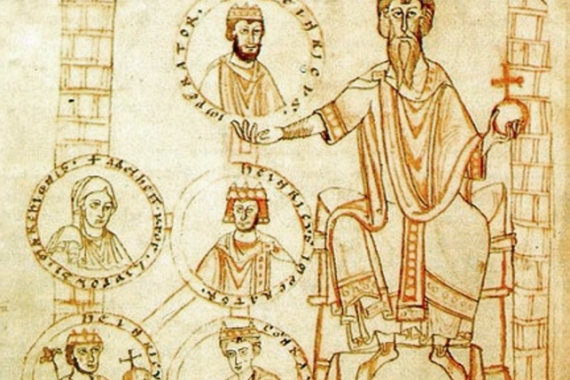Canonica capitularique auctoritate fultus: King Conrad II, the Carolingian legal past and the censuales of Speyer (1025)
For anyone dealing with medieval royal diplomatics, confirmation charters are a very common thing. Whenever a new ruler was appointed, one of his first acts was to renew charters that had once been given by his predecessors and which were now presented to him for confirmation. While through its renewal a document achieved new legal…




